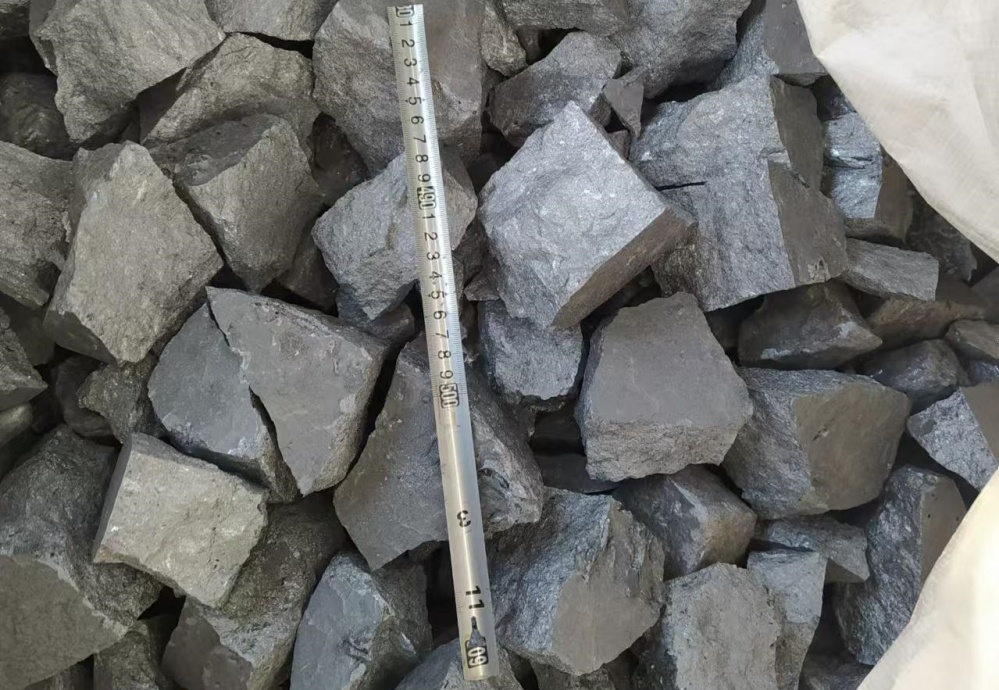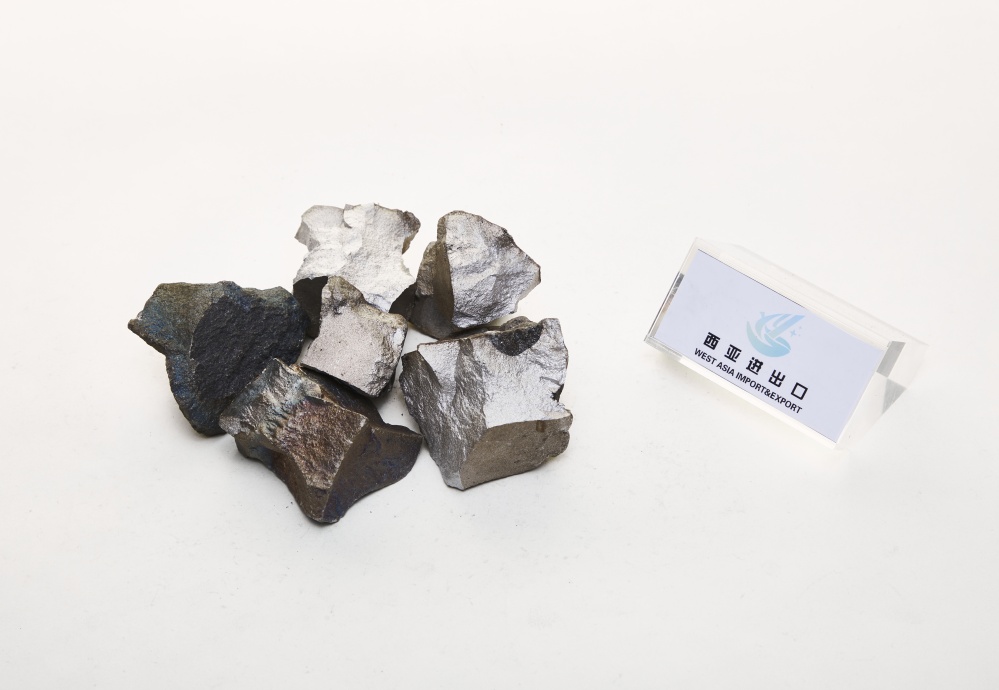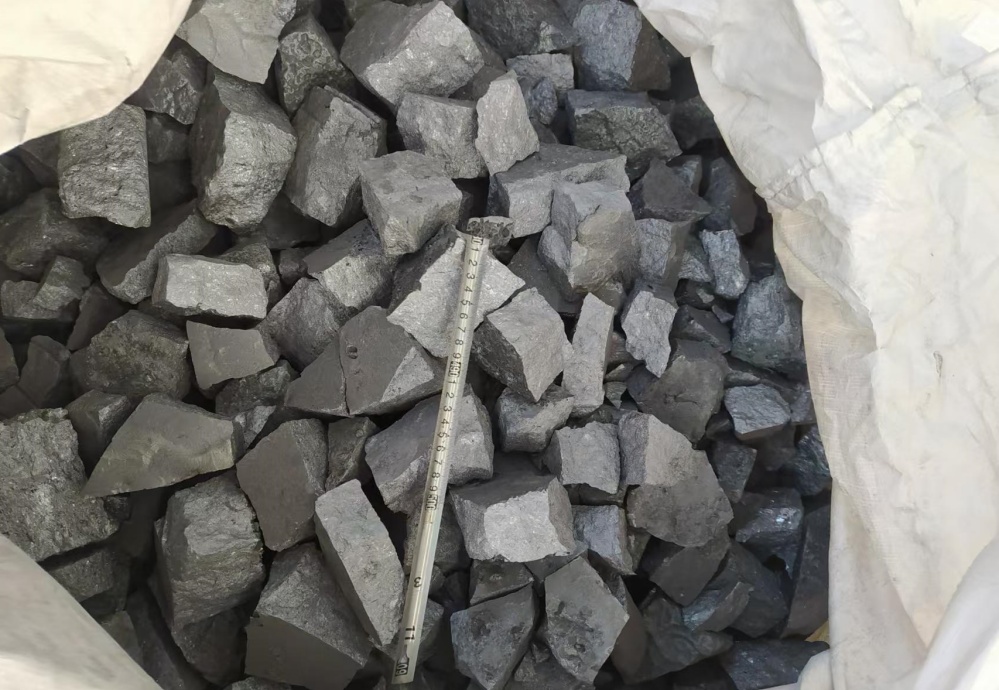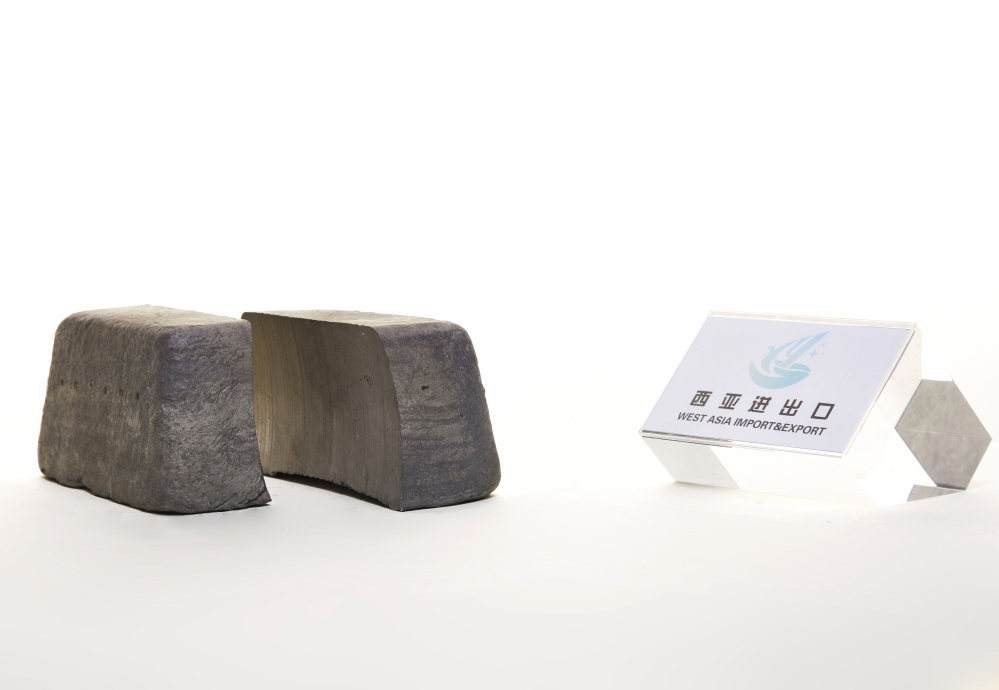The tension in the Red Sea corridor affects the global supply chain
The Suez Canal, as a major maritime route connecting Asia to Europe, Asia to the Mediterranean, and Asia to the East Coast of the Americas, holds significant importance for global trade and shipping.
Due to geopolitical factors, the Suez Canal has been attacked, leading to the abandonment of the Red Sea route. As a result, an alternative transportation route through South Africa, circumventing the Cape of Good Hope, is being utilized. It is estimated that this detour will add an additional 7-10 days and cover a distance of 7,000-10,000 kilometers. This not only increases shipping costs but also introduces greater risks and unpredictability to maritime safety and supply chain security.
Meanwhile, iron alloy suppliers argue that the announced increases in shipping fees by transportation companies are exaggerated and speculative. Freight costs from India to Europe have reportedly increased fourfold to around $80 per ton (per container $2125-2200), while costs to Egypt have tripled to $45 per ton (per container $1200). Delivery times from India to Europe are expected to be delayed by 20-30 days, ultimately extending delivery times to 55-60 days.
Shipping costs from Malaysia to Rotterdam have risen by 38% to $55 per ton, and costs to Italy and Scandinavian countries have increased by 1.5 times to $120-150 per ton.
Some individuals believe that the impact and duration of this "Red Sea crisis" may far exceed the previous blockage of the Suez Canal, and its dual-directional nature makes it challenging to determine its duration. For the latest information and updates on shipping fees, please consult HAINAN WEST ASIA IMPORT & EXPORT GROUP.






